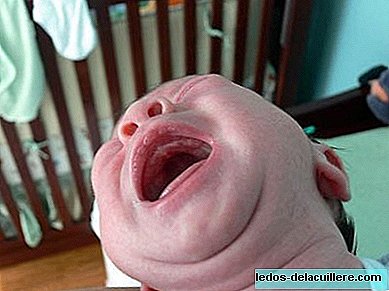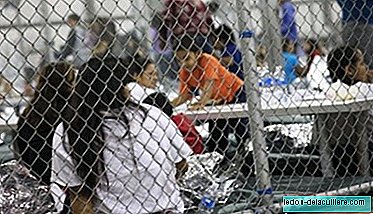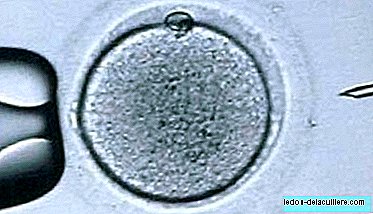
There is much talk about the effects on the baby being the elderly mother, but not so much when it is the man who becomes a father beyond forty. Its genes influence the health of the baby to the same extent as those of the woman by providing 50 percent of the genetic information.
According to a study by the University of Indiana, in the United States, in collaboration with medical researchers from the Karolinska Institute (Stockholm) the older the father, the greater the risk to the child's mental health.
It has been carried out based on a large number of data of children born in Sweden between 1973 and 2001 and have found that the older the parent is at the time of the birth of their offspring, it could be higher rate of psychiatric and school problems.
When comparing a child born to a 24-year-old father with one whose father was 45 years old, they found that the latter is 3.5 times more likely to have autism, is 13 times more likely to suffer from ADHD, twice as likely of having a psychotic disorder, 25 times more likely to have bipolar disorder and 2.5 times more likely to have suicidal behaviors or a substance abuse problem. The striking thing is that as the father's age progressed, the risks also increased.
The explanation given by the researchers is that, unlike women born with a certain number of ovules, men continue to produce sperm throughout their lives, which undergo changes in DNA due to environmental factors. Molecular genetics studies confirm that the sperm of older men have more genetic mutations.
This It does not mean that the children of all older men will suffer mental problems or disorders such as ADHD, but it cannot be denied that the biological clock also passes to man and results in an increased risk of mental problems in children.












